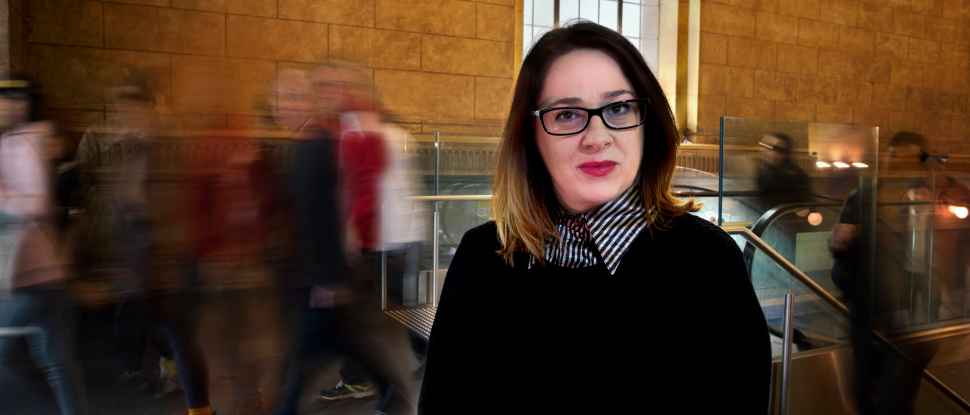Transnational security cuts across a number of research interests at the Centre for Crime Policy and Research (CCPR), including terrorism and organised crime.
A growing trend globally is the viable, humane and secure movement of people into and out of sovereign seas, territories and borders.
National, regional and international law, protocols, conventions and agreements produce a checkerboard of practices, orders and structures for the flow of people. This includes migrants, asylum seekers, temporary workers and smuggled or trafficked people.
The understanding of mobility and security asks how policy is informed through the evaluation of risk, security, economy, natural rights and social and public goods.
At the CCPR we're asking how policy is being informed by ideologically informed evaluations of risk, security, economy, natural rights and social and public goods. It examines the role of colonialism, sexism, racism and militarism in producing culturally meaningful borders.
Movement of people across borders remains a prominent issue for policy makers and academics alike, so two key areas of criminological interest for us is people movements and protection of human rights and security.



"I see the need for better treatment of human beings and to provide people with better access to opportunities"
Collaborations
Dr Maria Giannacopoulos began collaborations at the interface of human rights and security by bringing together key academics and practitioners on migration at a comparative migration workshop in 2012 focusing on the parallels in migration between Australia and Southern Europe.
This workshop was funded by the Academy of Social Sciences in Australia (ASSA) and the Ian Potter Foundation, and importantly, the trends/issues identified there have resonated with even greater significance in both regions since the event was held.
The direct result of this work was published in a 2013 special edition of the Griffith Law Review, Irregular Migration: Emerging Regimes of Power and the Disappearing Human (22:3) with further work being undertaken by Flinders researchers across different platforms.


